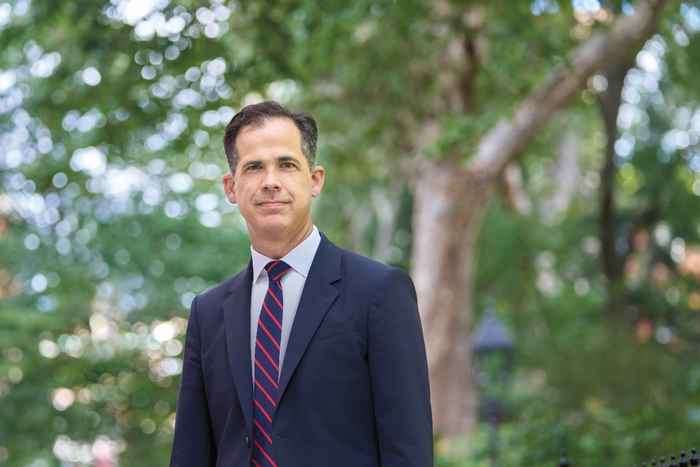ACLE Seminar: Ryan Bubb (NYU)
- Date
- 14 March 2023
- Time
- 13:00 -14:15

Abstract
When there are many shareholders in a firm, they face collective action problems. One problem is that acquirers can pursue divide-and-conquer strategies such as two-tiered front-loaded bids. The solution to this in the theoretical literature and in judicial practice is a centralized bargaining agent, such as the firm’s management, or a shareholder vote. We show that these methods are of limited usefulness, however, in addressing the agency problem between shareholders and managers. In the relationship between shareholders and centralized bargaining agent, the shareholders receive take-it-or-leave-it offers, such that the agent captures all the surplus. This in turn hampers efficient ex ante financing: Some firms can raise sufficient funds only if (the threat of) judicial remedies provides them (an expectation of) some surplus. In realistically imperfect judicial systems, this induces trade-offs with court errors and litigation costs.
Paper
The draft paper to be discussed is not yet publishable for distribution here and is only shared with ACLE contacts. Contact ACLE.
Practicalities
This event will be a hybrid event. The seminar will take place in Roeterseiland campus (REC) building A, room number A3.15 (Moot Court room on the 3rd floor), and will also be streamed online via Zoom.
The Zoom link will be specified in the registration confirmation email upon registration for the event.
About the speaker
Ryan Bubb joined the NYU School of Law faculty in 2010. He was formerly a senior researcher for the Financial Crisis Inquiry Commission and a policy analyst at the Office of Information and Regulatory Affairs at the Office of Management and Budget. He earned a JD from Yale Law School and a PhD in political economy and government from Harvard University. Bubb’s research focuses on regulatory policy, financial institutions, business organizations, and law and economics.
Ryan Bubb is giving his talk during a one week visit at the ACLE.
About ACLE
The Amsterdam Center for Law and Economics (ACLE) is a joint initiative of the Faculty of Economics and Business and the Faculty of Law at the University of Amsterdam. The objective of the ACLE is to promote high-quality interdisciplinary research at the intersection between law and economics.

We gratefully acknowledge the generous funding by the Amsterdam University Fund for this short visit and the seminar.